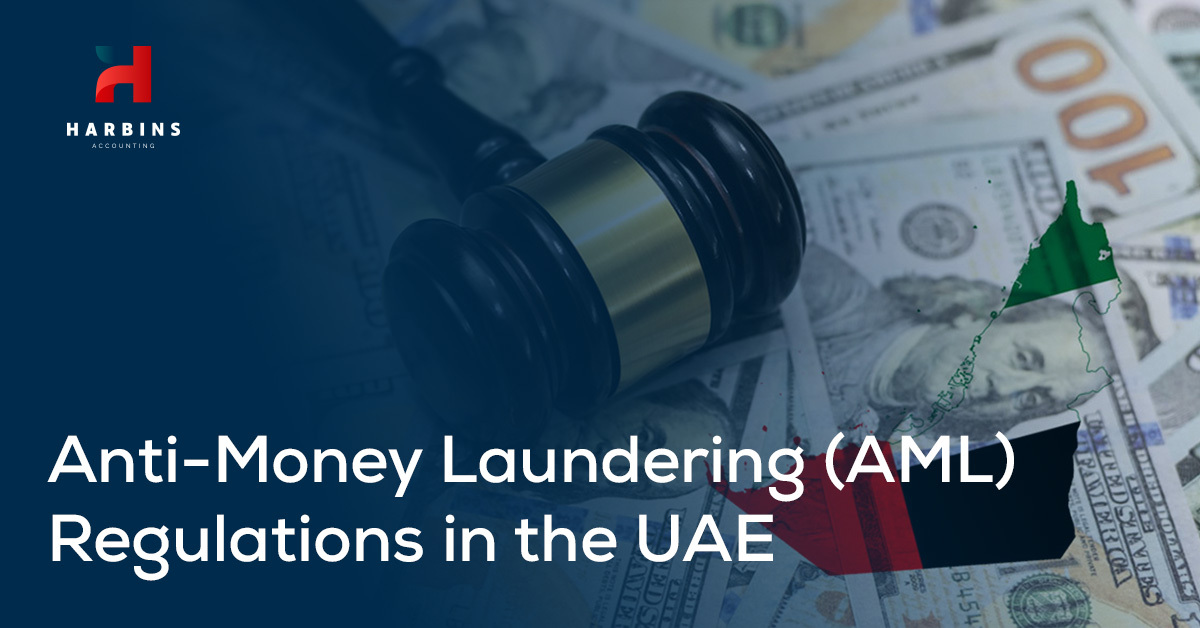The United Arab Emirates (UAE), a pivotal financial hub in the Middle East, boasts numerous free trade zones that allure major enterprises, contributing significantly to the nation’s economic expansion. However, this prosperity has attracted illicit activities like money laundering, posing a substantial threat to the stability and security of the financial system. To counter this menace, the UAE has implemented stringent Anti-Money Laundering (AML) regulations.
The Regulatory Landscape in the UAE
The main regulator overseeing AML activities in the UAE is the Anti-Money Laundering and Combating the Financing of Terrorism Supervision Department (AMLD), established by the Central Bank of the UAE (CBUAE) in August 2020. The AMLD collaborates with various entities, including the National AML and Countering Terrorism Financing (CTF) Committee and the Banking Supervision Department Examination Division.
Other authorities involved in AML and CTF activities include the Securities and Commodities Authority and organizations operating within special economic zones, such as the Dubai International Financial Center. These entities work in tandem to ensure the financial sector’s integrity and security.
Principal Regulations Governing AML in the UAE
The cornerstone of AML regulations in the UAE is the “AML-CTF Law” or Federal Decree-Law No. (20) of 2018. This law addresses money laundering, terrorist financing, and the financing of illegal organizations. The “AML-CTF Decision” or Cabinet Decision No. (10) of 2019 complements the law by outlining the implementing regulations.
Under the AML-CTF Law, individuals engaging in unlawful activities, such as transferring proceeds of crime to conceal their origin or assisting perpetrators in avoiding punishment, face severe penalties.
Penalties for Non-Compliance
Failure to report suspicious activities can lead to imprisonment and fines ranging from AED 100,000 to AED 1,000,000. Companies violating AML and CTF requirements may face fines between AED 10,000 and AED 100,000, with Designated Non-Financial Businesses and Professions (DNFBPs) subject to penalties ranging from AED 50,000 to AED 200,000.
Recent Developments and Future Initiatives
In March 2022, the UAE found itself on the Financial Action Task Force’s gray list. Responding swiftly, the country initiated the establishment of bodies to combat economic crimes. This proactive approach aims to enhance global investor confidence, solidifying the UAE’s status as a preferred business hub.
The 18th meeting of the Supreme Committee highlighted significant progress, including a surge in penalties, increased suspicious transaction reports, and advancements in the quality and quantity of money laundering investigations. These efforts underscore the commitment of relevant authorities in combating financial crimes.
Staying Compliant in the UAE
To navigate the stringent AML landscape in the UAE, businesses must:
- Meet Customer Due Diligence (CDD) Requirements: Implement risk-based CDD measures to understand the nature of the business and transaction.
- Report Suspicious Activity: Fulfill obligations to report any suspicious activity related to money laundering or terrorism financing to the Financial Information Unit (FIU).
- Adhere to AML and KYC Requirements: Collect and verify customer and business data to comply with AML and Know Your Customer (KYC) requirements.
By adhering to these guidelines, businesses can contribute to the UAE’s ongoing efforts to combat money laundering and ensure the integrity of its financial system.
 +971 50 846 8427
+971 50 846 8427 info@harbinsme.com
info@harbinsme.com +971 50 846 8437
+971 50 846 8437 info@harbinsme.com
info@harbinsme.com

